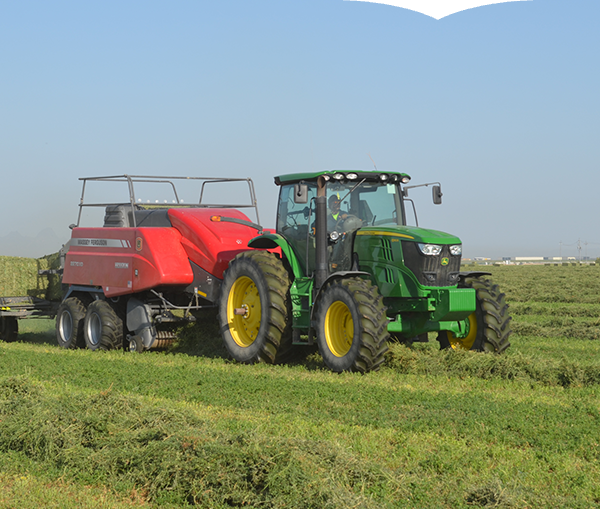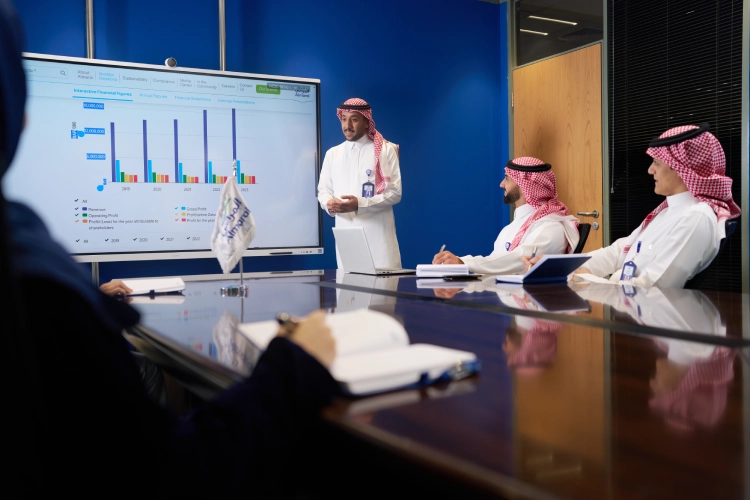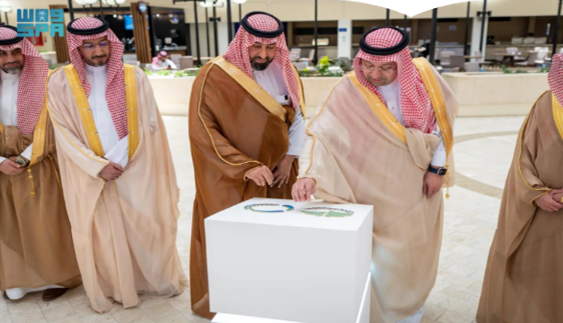At the recently concluded COP28 climate summit, over 130 global leaders pledged to prioritize sustainable agriculture and robust food systems within climate strategies. This commitment was made against the backdrop of a projected human population of 10 billion by the year 2050, and also in recognition of the fact that agriculture currently accounts for approximately one-third of greenhouse gas emissions.
Sustainable agriculture is therefore recognized as a viable approach to enhance food security. Even locally, Vision 2030 has outlined strategies to boost the adoption of technology, encourage organic farming practices, and implement water conservation techniques.

Sustainable farming practices are essential for enhancing soil quality, capturing carbon, and supporting food security. They have the potential to restore water supplies, enable biodiversity, and improve the resilience of agricultural practices.
Our dedication to sustainable agriculture is noticeable throughout our operations. We have integrated the use of organic fertilizers derived from our own poultry litter charring operations in Hail into our production process. In addition to our national operations, we also own massive amounts of arable lands in other countries like USA and Argentina. In these locations, our focus is on cultivating high-quality feed for our dairy herds in Saudi Arabia, while maintaining adherence to sustainable farming methods
In California, we are lining irrigation canals with concrete to reduce water loss. We also ensure that all canals are gravity fed and require no energy for pumping have implemented a land conservation program, where 15% of the land is left fallow at any given time to support soil regeneration.
In Arizona, we implemented subsurface drip and pivot irrigation in arable farms.
In Argentina, we conduct regular environmental impact assessments on our alfalfa farms and closely monitor the application of fertilizers and pesticides in compliance with local regulations.


We also understand that introducing sustainable agricultural practices is beyond one company’s control alone. Therefore, we work to support farmers themselves. These individuals possess a deep understanding of their local environments and are pivotal in the implementation of eco-friendly farming techniques. We have also developed training programs and materials supporting 4-H (Young Farmers of America), a program initiated by the National Institute of Food and Agriculture within the United States Department of Agriculture. This program is structured to assist young individuals in acquiring expertise and abilities related to agriculture through hands-on projects and activities. Our support plays a vital role in guaranteeing that the upcoming generation of farmers and agricultural experts is well-prepared with the necessary skills and knowledge to thrive in their respective careers.
Zero incidents of non-compliance with environmental laws and regulations.
All of our US Sites (Vicksburg in Arizona, Blyth and Calipatria in California) are SHARPs certified for Health and Safety.
In a move to bolster innovation in food security, King Abdulaziz City for Science and Technology (KACST) and Almarai Company unveiled on March 16, 2024 “Almarai Prize for Scientific Creativity” new strategy and identity. The strategy, which was developed in partnership between Almarai and KACST, aims to enhance innovation in the field of food security in arid regions both locally and internationally to achieve national aspirations and priorities for research, development and innovation, and to eliminate the challenges of water shortages and food security in the world.
An internal audit was conducted by SAI Platform at our San Vicente Farm to evaluate the
implementation of operational processes
and adherence to health and safety standards, with a particular focus on sustainable agricultural
practices. The audit assessed
performance across several key indicators, including air quality and emissions, biodiversity,
water management, waste management,
integrated pest management (IPM), crop protection, nutrient management, soil management, selection
and multiplication of plant
material, and community and farm operation management.
The findings revealed effective application of procedures in these areas, strong managerial
responsibility, and a commitment to
worker health and safety. Following the auditor's verification across multiple evaluation stages
and interviews with various leaders,
we achieved SILVER certification level, reflecting its dedication to operational excellence and
sustainable agricultural practices
Goal/Target
Progress
Enhance sustainable practices on our arable farms by 2025